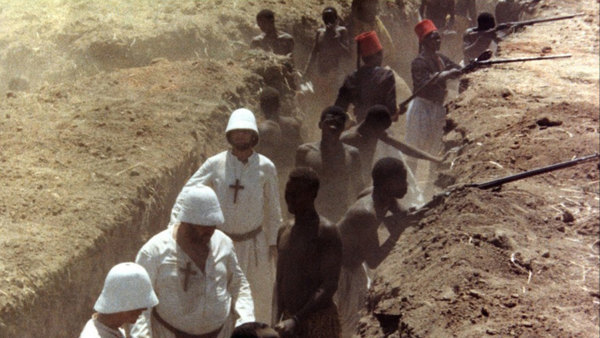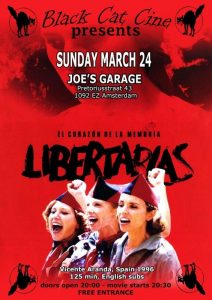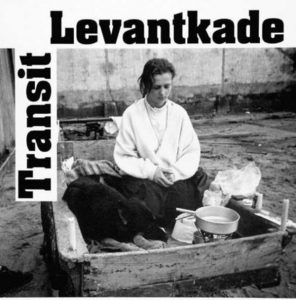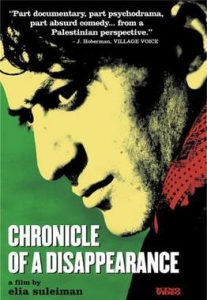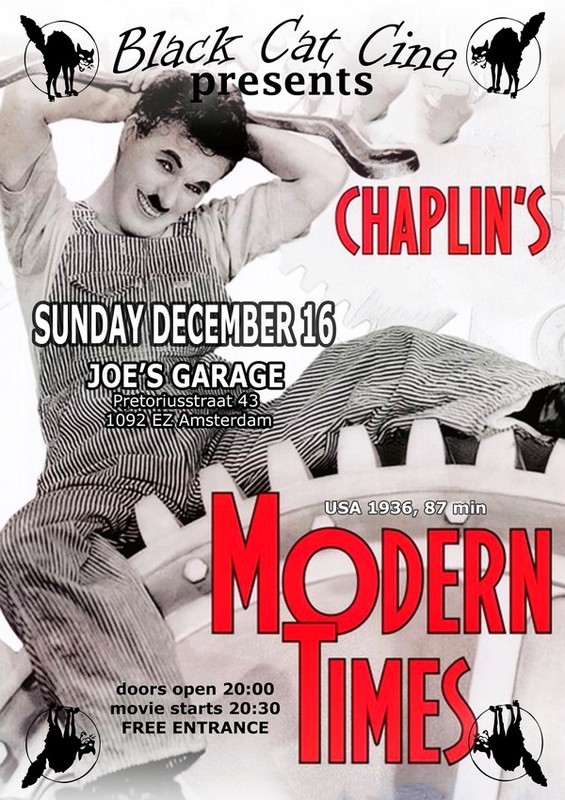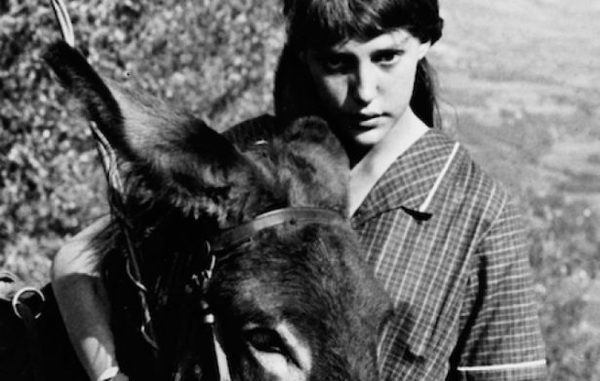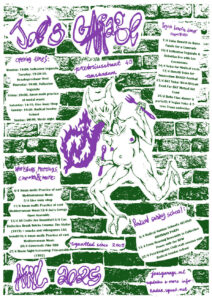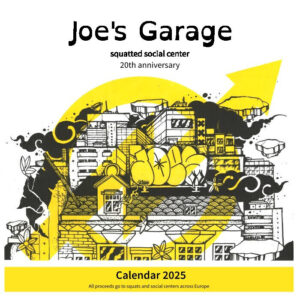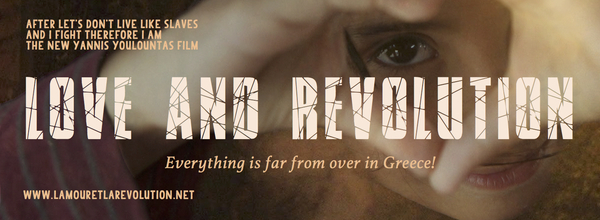 Sunday 18 November 2018, Movie night | ΑΓΆΠΗ ΚΑΙ ΕΠΑΝΆΣΤΑΣΗ: Όχι, τίποτα δεν έχει τελειώσει στην Ελλάδα (ΓΙΆΝΝΗΣ ΓΙΟΥΛΟΥΝΤΑΣ) | L’AMOUR ET LA RÉVOLUTION: No, nothing is over in Greece | directed by Yannis Youlountas | 2018 | 84 minutes | Mainly in Greek and French | English subtitles | Door opens at 8pm, film starts at 8:30.
Sunday 18 November 2018, Movie night | ΑΓΆΠΗ ΚΑΙ ΕΠΑΝΆΣΤΑΣΗ: Όχι, τίποτα δεν έχει τελειώσει στην Ελλάδα (ΓΙΆΝΝΗΣ ΓΙΟΥΛΟΥΝΤΑΣ) | L’AMOUR ET LA RÉVOLUTION: No, nothing is over in Greece | directed by Yannis Youlountas | 2018 | 84 minutes | Mainly in Greek and French | English subtitles | Door opens at 8pm, film starts at 8:30.
‘To fight is like falling in love. You lose all control. You do not know what will happen the next day. You leave behind any fear you might have. Fear vanishes when fighting or loving. “LOVE AND REVOLUTION”
The media no longer talk about Greece, suggesting that the austerity cure has been successful and that peace has returned. This film proves the opposite.
People fighting, and loving: Cooking for thousands, teaching children, securing the anarchist neighbourhood, stopping the airport, fighting the cops, and bashing in fascists.
A musical journey, from the north to the south of Greece, among those who dream of love and revolution.
Yannis Youlountas, a Franco-Greek author and film-maker, is also the organizer of philosophical debates for children, criticising the formation of media influenced opinions. Since 2008, He has been participating in the events in Greece, reporting them in his articles, photos, books and films, while also organising actions and solidarity convoys. In 2013, his film Let’s not live like slaves carried the word of the Greek social movement to all the continents, followed, two years later, by his film I fight therefore I am.
ΑΓΆΠΗ ΚΑΙ ΕΠΑΝΆΣΤΑΣΗ: Όχι, τίποτα δεν έχει τελειώσει στην Ελλάδα (ΓΙΆΝΝΗΣ ΓΙΟΥΛΟΥΝΤΑΣ)
Το να αγωνίζεσαι είναι σαν να αγαπάς. Χάνεις όλο τον έλεγχο. Δεν ξέρεις τι θα συμβεί την επόμενη μέρα. Αφήνεις πίσω κάθε φόβο που μπορεί να έχεις. Ο φόβος εξαφανίζεται όταν αγωνίζεσαι ή αγαπάς. ΑΓΆΠΗ ΚΑΙ Η ΕΠΑΝΆΣΤΑΣΗ.
Τα μέσα ενημέρωσης δεν μιλάνε πια για την Ελλάδα, προτείνοντας οτι τα μέτρα λιτότητας είχαν επιτυχία και πως η ευημερία έχει επιστρέψει. Αυτή η ταινία αποδεικνύει το αντίθετο.
Οι άνθρωποι αγωνίζονται και αγαπούν: μαγειρεύοντας για χιλιάδες, διδάσκοντας παιδιά, προστατεύοντας τις αναρχικές γειτονιές, σταματώντας το αεροδρόμιο, παλεύοντας με μπάτσους και φασίστες.
Ένα μουσικό ταξίδι, από τον βορά ως τον νότο, για εκείνους που ονειρεύονται αγάπη και επανάσταση.
Ο Γιάννης Γιουλούντας, Γάλλο-Έλληνας συγγραφέας και σκηνοθέτης, οργανώνει και φιλοσοφικά debates για παιδιά κάνοντας κριτική στην επιρροή των μέσων ενημέρωσής στην κοινή γνώμη. Από το 2008, συμμετάσχει σε γεγονότα που συμβαίνουν στην Ελλάδα, σθμπεριλαμβάνοντάς τα στα άρθρα, στις φωτογραφίες και στα στα βιβλία του, ενώ οργανώνει παράλληλα δράσεις αλληλεγγύης. Το 2013, η ταινία του ‘Ας μην ζήσουμε σαν δούλοι’ μετέδωσε το μήνυμα του ελληνικού κινήματος σε όλες τις ηπείρους, ακολουθούμενο, δυο χρόνια μετά, από την ταινία του ‘αγωνίζομαι άρα υπάρχω’.
Film night at Joe’s Garage, cozy cinema! Free entrance. You want to play a movie, let us know: joe [at] squat [dot] net
 Sunday April 7th 2019, Lipstick Under My Burkha by Alankrita Shrivastava, 2016, 117 minutes. Hindi with English subtitles. Doors open at 20.00, intro and film at 20.30.
Sunday April 7th 2019, Lipstick Under My Burkha by Alankrita Shrivastava, 2016, 117 minutes. Hindi with English subtitles. Doors open at 20.00, intro and film at 20.30.